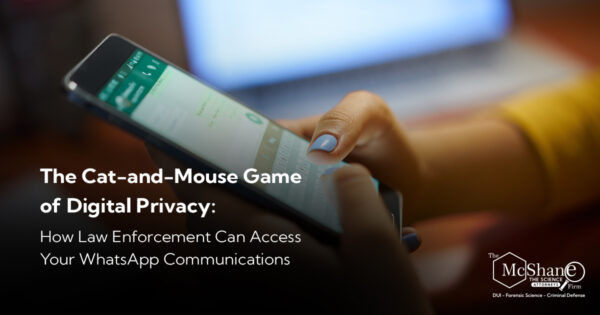In recent years, messaging apps such as WhatsApp have become increasingly popular due to their end-to-end encryption and promise of privacy. However, law enforcement agencies have developed methods to penetrate these supposedly secure messaging apps and access their contents in criminal investigations.

One method used by law enforcement to access encrypted messaging app communications is to obtain a warrant to access the physical device of the person under investigation. Once they have the physical device, they can use forensics tools to access the contents of the messaging app, including deleted messages and attachments. This method can be effective, but it requires the physical device to be in the possession of law enforcement.
Another method used by law enforcement is to use spyware or malware to remotely access the device and monitor the user’s activity. Spyware can be installed on the device through phishing emails or texts, or by exploiting vulnerabilities in the operating system. Once the spyware is installed, it can monitor the user’s activity, including their messaging app communications. This is, of course, subject to Goirth Amendment concerns.
Additionally, law enforcement agencies can work with technology companies to develop methods to bypass encryption and access messaging app communications. In some cases, tech companies may provide a “backdoor” to law enforcement to access encrypted communications, or they may develop tools to bypass the encryption altogether.
It is important to note that while law enforcement agencies may be able to access messaging app communications in criminal investigations, this does not necessarily mean that they have access to all encrypted communications. End-to-end encryption can be very difficult to break, and it is still considered one of the most secure methods of communication.
If you are concerned about the privacy of your messaging app communications, there are steps you can take to protect yourself. One way is to use messaging apps that have strong encryption and a track record of protecting user privacy. Another way is to use additional privacy tools, such as a VPN or encrypted email, to further protect your communications.
In conclusion, while messaging apps such as WhatsApp may offer end-to-end encryption and promise of privacy, law enforcement agencies have developed methods to penetrate these supposedly secure messaging apps in criminal investigations. It is important to be aware of the potential risks and to take steps to protect your privacy and security when using messaging apps.


